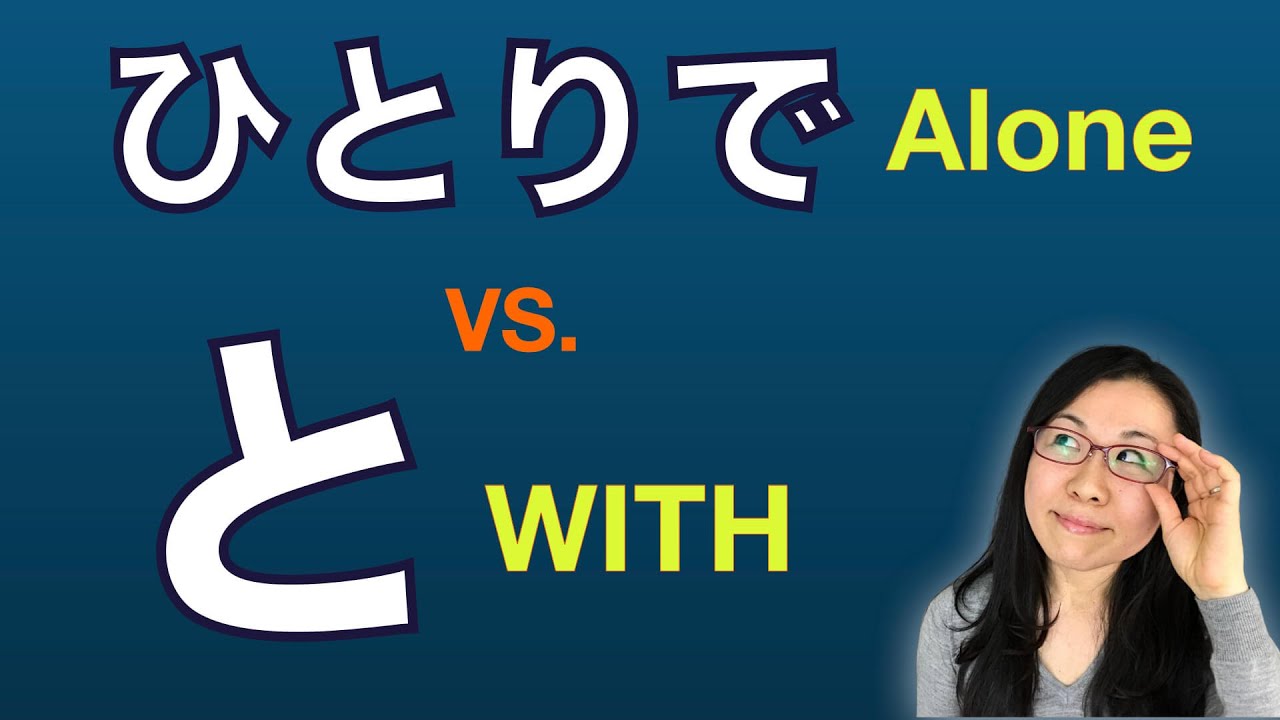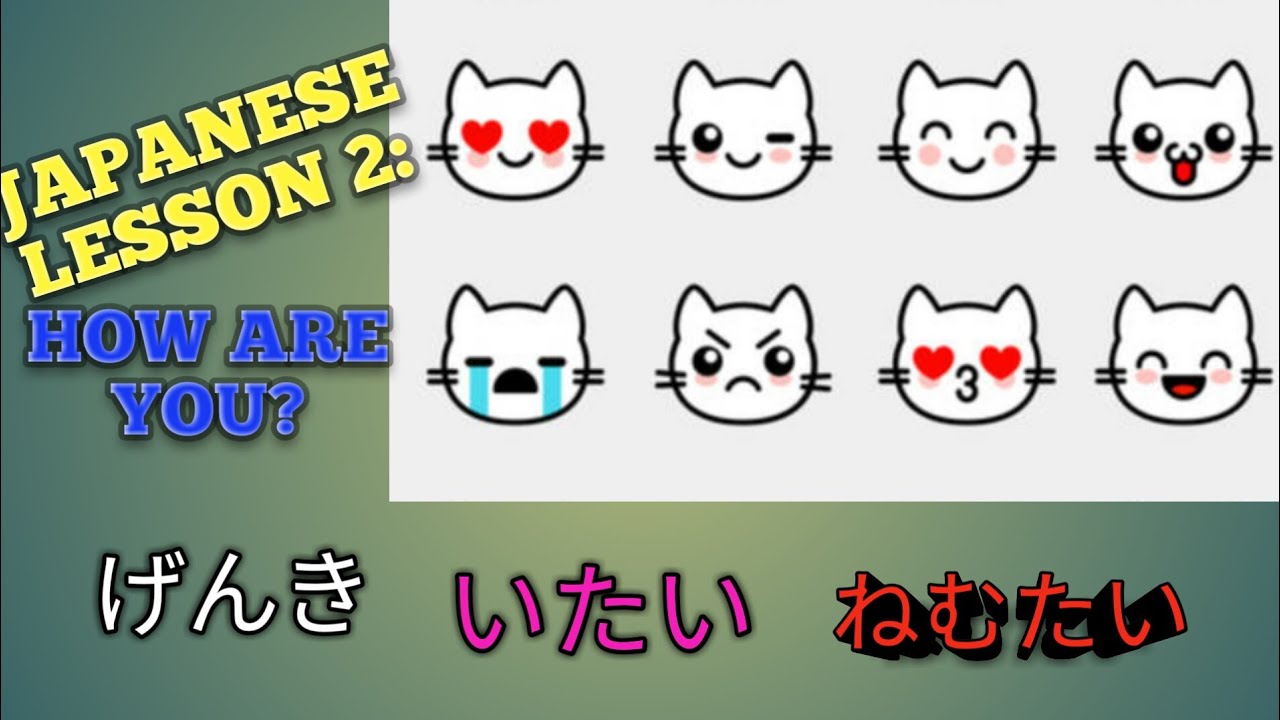Exploring the Best Ways to Say “How Are You” in Japanese
In the vast realm of language and culture, Japanese stands out as a beautifully intricate and nuanced language. Beyond the fascinating characters and rich history, expressing basic sentiments like “How are you?” can be an art in itself. In this comprehensive guide, we, as language enthusiasts and cultural explorers, delve into the best ways to say “How Are You” in Japanese. Whether you are planning a trip to Japan, seeking to impress a Japanese friend, or simply curious about the language, we’ve got you covered.
Konnichiwa: The Universal Greeting

Konnichiwa (こんにちは) is often the first phrase that comes to mind when greeting someone in Japanese. It’s a versatile greeting that can be used from morning until early evening. The literal translation is “good day,” and it’s a safe bet in most situations. Whether you’re meeting someone for the first time or just passing by, a warm “Konnichiwa” can go a long way in Japan.
Ohayou Gozaimasu: Good Morning

Starting your day with a cheerful “Ohayou Gozaimasu” (おはよう ございます) is a great way to show respect and politeness. It’s generally used in the morning until around 10 a.m. The phrase expresses a wish for a good morning and sets a positive tone for the day ahead.
Konbanwa: Good Evening

As the day winds down and the evening approaches, “Konbanwa” (こんばんは) becomes the appropriate greeting. It’s a simple yet elegant way to wish someone a good evening and can be used until late at night.
Ogenki Desu Ka: How Are You?

Now, let’s get to the heart of the matter—how to ask “How are you?” in Japanese. The phrase you’re looking for is “Ogenki desu ka?” (お元気ですか?). This expression conveys genuine concern for the well-being of the person you’re speaking to. It’s a polite and courteous way to show you care about their health and happiness.
Genki Desu: I’m Fine

When responding to the question “Ogenki desu ka?” you can say “Genki desu” (元気です), which means “I’m fine” or “I’m well.” It’s a common reply that reassures the person asking that you’re in good health and spirits.
More Advanced Expressions
If you want to take your Japanese language skills a step further, consider these advanced ways to inquire about someone’s well-being:
1. Daijoubu desu ka? (大丈夫ですか?)
- This phrase means “Are you okay?” and shows concern for someone’s safety or comfort.
2. Dou shimashita ka? (どうしましたか?)
- Use this when you notice that someone seems upset or distressed. It means “What happened?”
3. Eigo ga hanasemasu ka? (英語が話せますか?)
- If you’re an English speaker in Japan and want to communicate in your native language, ask “Can you speak English?”
Conclusion
In this guide, we’ve explored the art of greeting and asking “How are you?” in Japanese. From the versatile “Konnichiwa” to the caring “Ogenki desu ka?” and beyond, Japanese offers a range of expressions to convey your feelings with grace and courtesy. Whether you’re a beginner or seeking to deepen your understanding of the language, these phrases are your key to connecting with the Japanese culture on a profound level.
So, the next time you encounter a Japanese-speaking friend or find yourself in the vibrant streets of Japan, remember these phrases and embrace the beauty of language and culture. Arigatou gozaimasu for joining us on this linguistic journey!
key words
- learn japanese
- how to say hello in japan
- say i love you in japan

No Responses